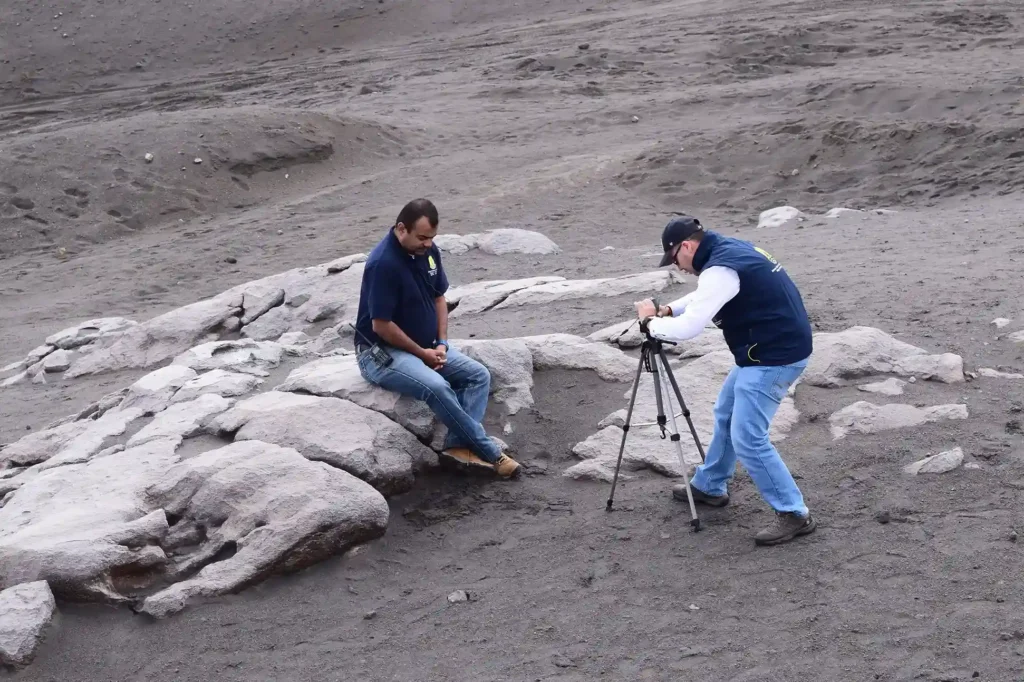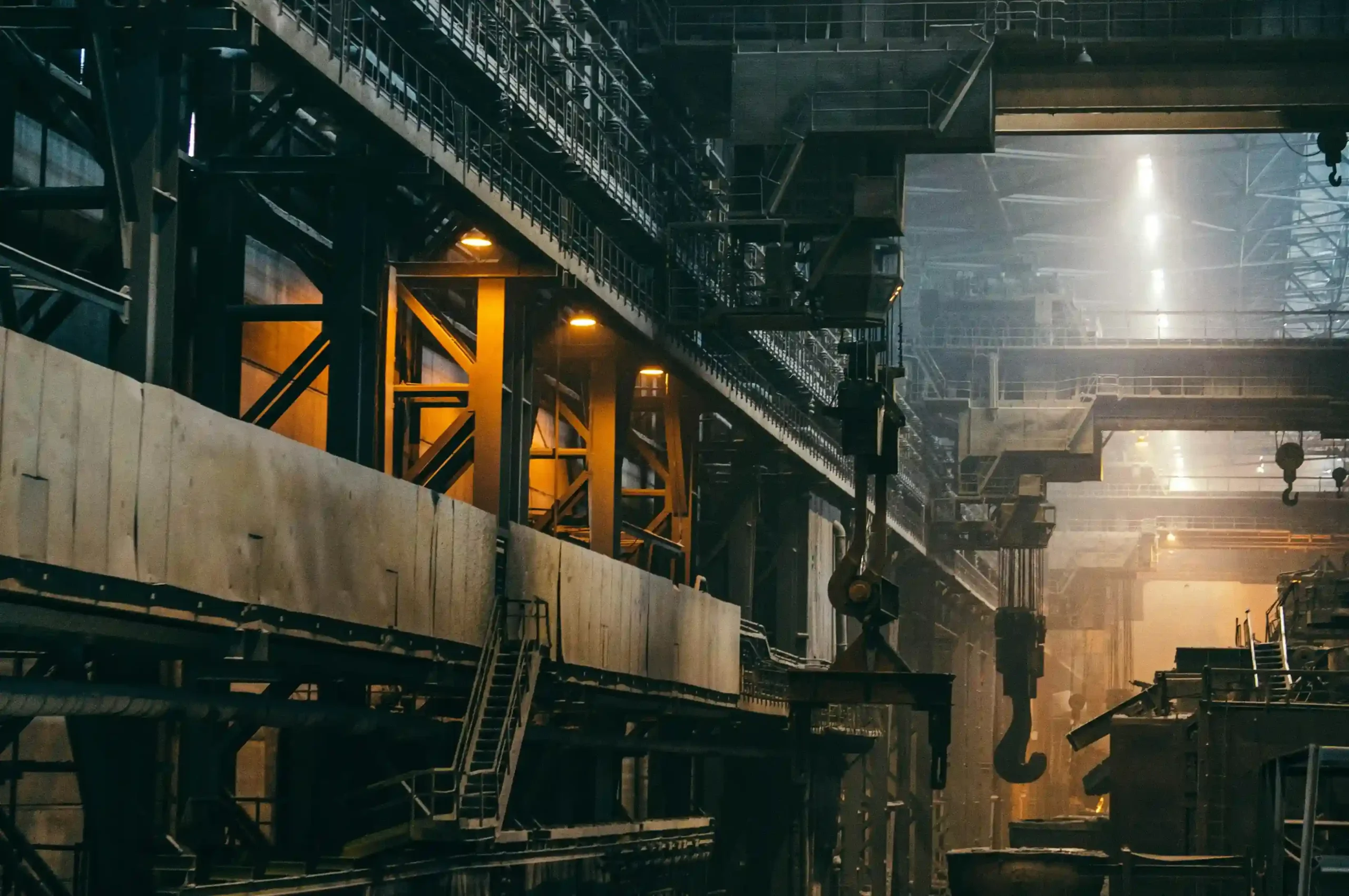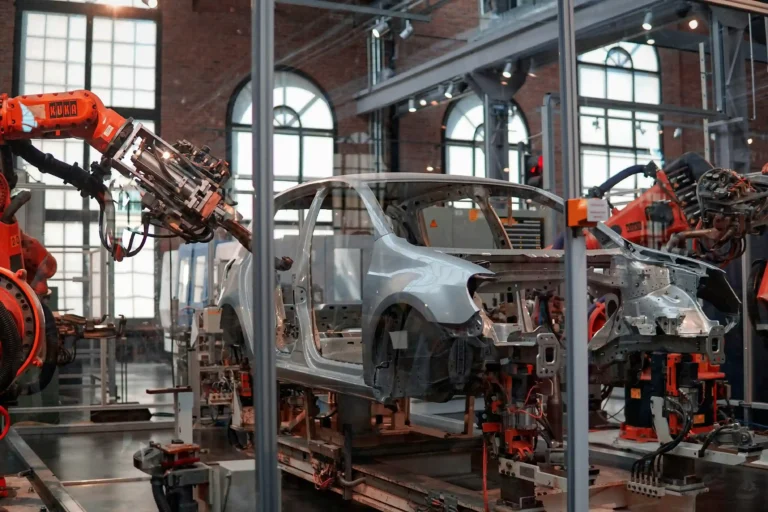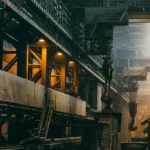The corporate world is undergoing a significant transformation driven by technological advancements and evolving market trends. From AI-driven automation to sustainable business practices, industries are redefining their operational strategies. The rise of digitalization has enabled businesses to streamline processes and enhance productivity. With increasing focus on sustainability, companies are adopting green initiatives to reduce environmental impact. Global supply chains are adapting to disruptions with resilient strategies. As businesses embrace change, the industry landscape is set to become more dynamic and competitive.
Artificial Intelligence Revolutionizing Workflows
AI-driven automation is enhancing efficiency across various industries, reducing manual labor, and improving accuracy. Businesses are integrating AI tools for data analysis, customer service, and predictive maintenance. AI-powered chatbots and virtual assistants are streamlining customer interactions. Machine learning algorithms are enabling companies to make data-driven decisions with higher precision. Automation in manufacturing is increasing production speed while minimizing errors. AI continues to evolve, shaping the future of work and industry operations.

Sustainability Takes Center Stage
Companies are prioritizing eco-friendly practices to meet regulatory requirements and consumer expectations. The adoption of renewable energy sources is reducing carbon footprints across industries. Sustainable packaging and recycling initiatives are gaining traction to minimize waste. Governments are enforcing stricter environmental policies to push industries towards greener solutions. Corporate sustainability programs focus on social responsibility and ethical sourcing. The transition to a more sustainable economy is shaping future business strategies.

Digital Transformation and the Rise of Smart Industries
The shift towards digitalization is enabling businesses to optimize operations and enhance customer experiences. Cloud computing and IoT are revolutionizing industrial processes by offering real-time monitoring and analytics. Digital twins are being used to create virtual models for testing and simulation. The integration of blockchain technology is improving transparency and security in transactions. Remote work solutions are driving the adoption of digital collaboration tools. The continuous evolution of digital technologies is reshaping traditional business models.

The Future of Global Supply Chains
Supply chain resilience has become a priority for businesses navigating global disruptions. Companies are diversifying suppliers to mitigate risks associated with geopolitical tensions and economic fluctuations. Advanced logistics technologies, including AI and blockchain, are improving supply chain visibility. Warehousing automation and robotics are streamlining inventory management and order fulfillment. The push for nearshoring and localized manufacturing is reducing dependency on international suppliers. Businesses are rethinking their supply chain strategies to enhance efficiency and adaptability.

Emerging Trends in Workforce Management
The workplace is evolving with hybrid and remote work models becoming the norm. Companies are investing in employee well-being programs to boost productivity and retention. Upskilling and reskilling initiatives are preparing employees for an AI-driven work environment. The gig economy is expanding, offering flexible work opportunities across various sectors. Organizations are leveraging HR analytics to enhance recruitment and workforce planning. The future of work is centered around adaptability, inclusivity, and continuous learning.

Mergers, Acquisitions, and Market Consolidation
The corporate landscape is witnessing increased mergers and acquisitions as companies seek strategic growth. Tech giants are acquiring startups to expand their technological capabilities. Market consolidation is leading to stronger industry players and reduced competition in certain sectors. Businesses are leveraging partnerships to enhance innovation and market reach. Regulatory scrutiny on major acquisitions is intensifying to prevent monopolistic practices. Strategic mergers are shaping the future competitive landscape of industries.

The business world is evolving rapidly, driven by technological advancements, sustainability efforts, and market shifts. AI, digital transformation, and supply chain resilience are key focus areas for industries adapting to change. Companies are reshaping their workforce strategies to align with the modern work environment. Mergers and acquisitions are influencing market dynamics, creating new opportunities and challenges. As industries continue to innovate, businesses that embrace change will thrive in the evolving corporate ecosystem. The future promises increased efficiency, sustainability, and competitive growth.



























